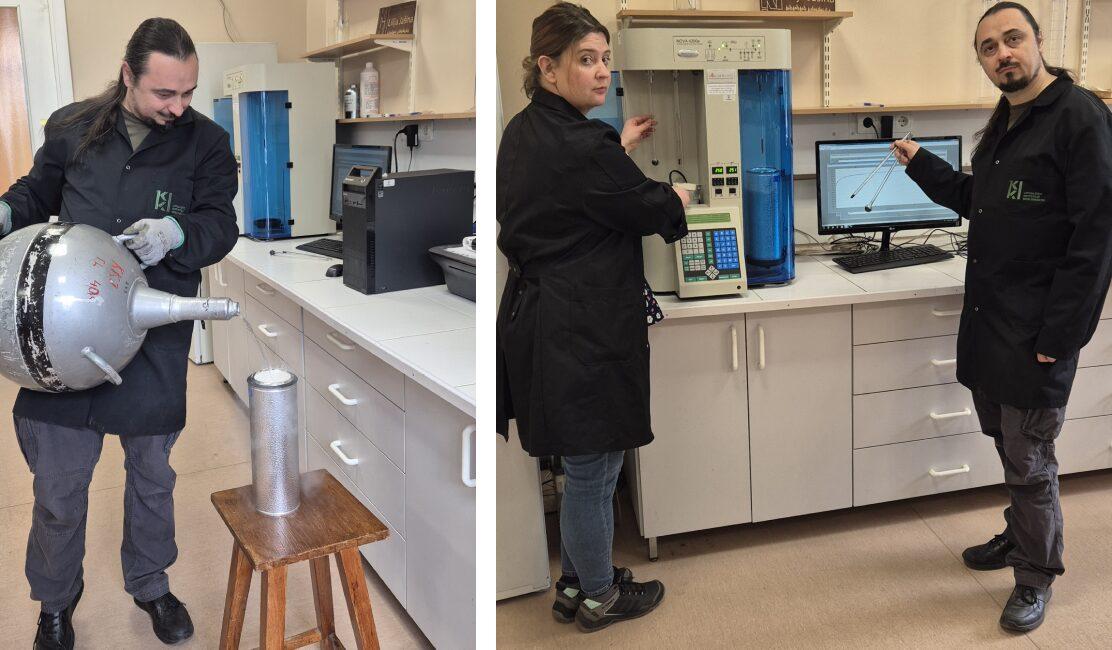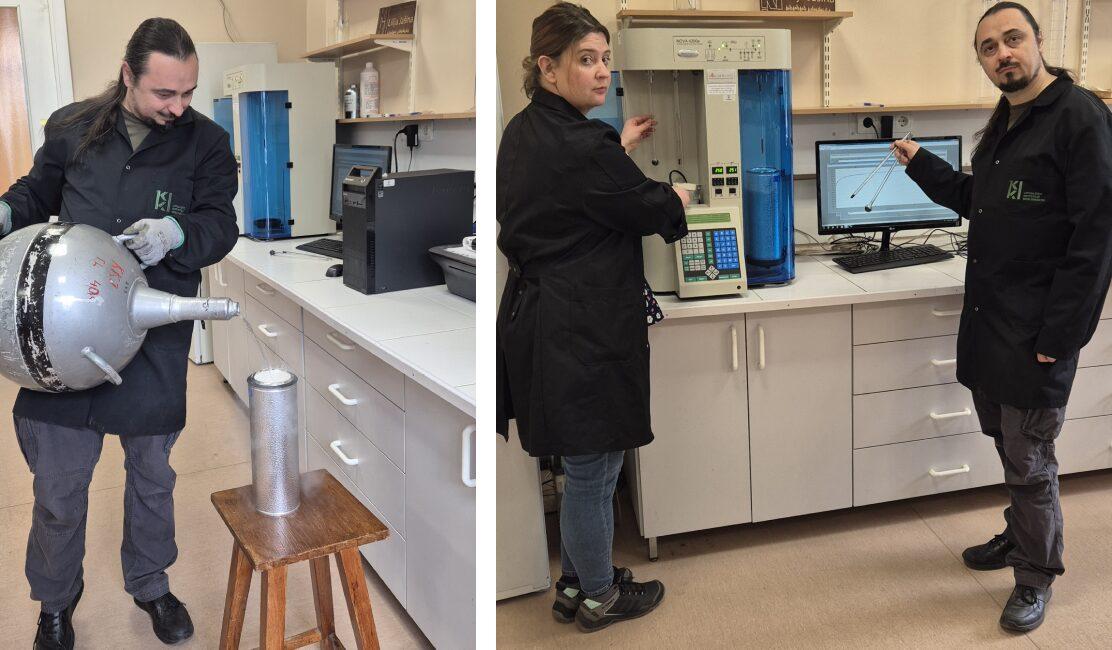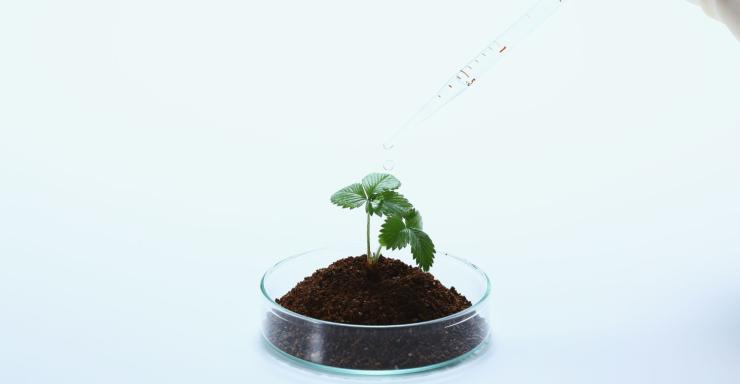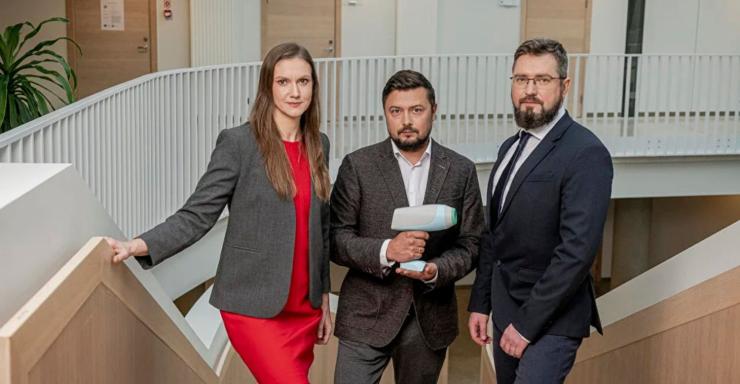Activated carbon is widely used for various applications, such as water purification, air filtration, and chemical separation, primarily due to its high surface area and porous structure. However, it is important to understand what happens inside these extremely porous materials, since light cannot go there, and other methods will show us mostly the surface of these minuscule carbon particles.

One of the main aspects of researchers at the Latvian State Institute of Wood Chemistry (LSIWC), Aleksandrs Voļperts, and Ance Pļavniece, is the testing of the newly synthesized carbon materials using specially designed sorption of nitrogen gas method at the frigid temperature of 77K, which is almost -200oC! One of the most important aspects of sorptometry in studying activated carbons is its ability to provide insights into the material's surface area, pore volume, and pore size distribution. By conducting sorption experiments with gases or liquids, researchers can determine the extent to which activated carbon can adsorb different substances. These measurements reveal the adsorption capacity, which is critical for assessing the material's efficiency in various applications, from removing impurities in the water to filtering toxic gases from the air.
This method is the most important and informative for the given tasks in the framework of the ARMS project since the application of sorptometry of activated carbon is highly relevant to the development of supercapacitors. The performance of supercapacitors, which rely on activated carbon as the electrode material, is closely linked to the material's specific surface area and pore structure. Sorption measurements help optimize the properties of activated carbon to improve energy storage efficiency, cycle stability, and power density in supercapacitors. By understanding the adsorption characteristics at the molecular level, researchers can design activated carbons with better performance, making sorptometry essential for advancing energy storage technologies.
Sorptometry aids in understanding the interaction between adsorbates (substances being adsorbed) and the surface of activated carbon. This includes factors like the type of adsorption mechanism, whether physical or chemical and the influence of temperature and pressure on the adsorption process. Sorption isotherms are commonly derived from sorption data to explain these interactions more quantitatively, and various theories are applied to derive the required characteristics.
Sorptometry is a vital tool for optimizing the synthesis and application of activated carbons, allowing researchers to fine-tune and tailor their properties to meet specific needs, in the case of the ARMS project for electrodes in supercapacitors with various electrolytes. By providing detailed insights into adsorption characteristics, it helps develop more efficient and cost-effective sorbents and energy storage materials.


